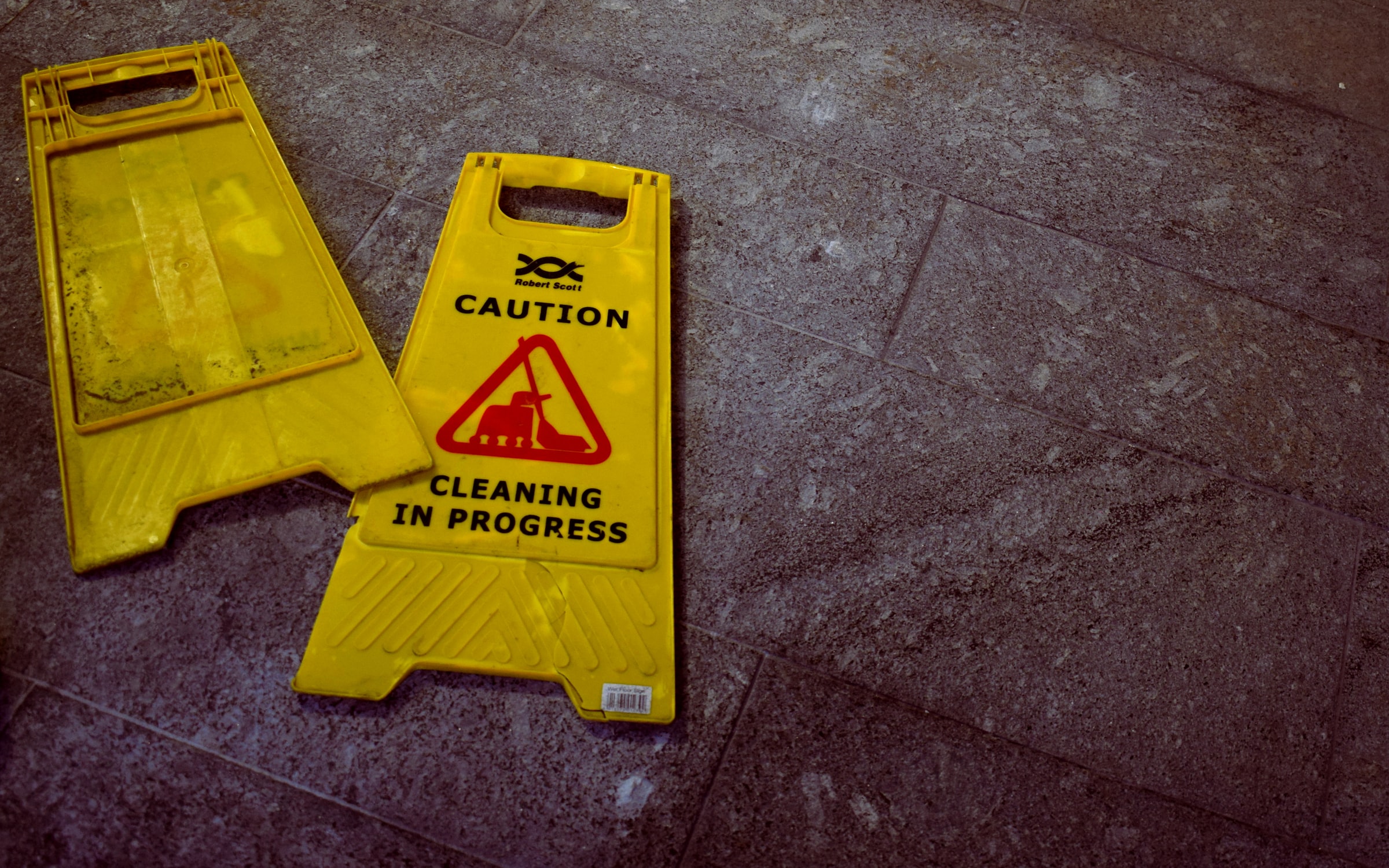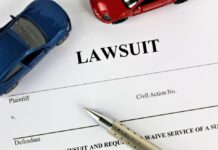Suppose you are a victim of a slip and fall accident, you might want to consider filing for compensation. You could file for a personal injury lawsuit or claim. While working with a brilliant attorney may guarantee the success of your case, the big question usually is how long it will take to settle. Whether yours is a claim against an insurance company or a lawsuit against the property owner, there is a wide range of timelines to how long your slip and fall accident settlement can take to complete. There are several factors that will determine such timelines for settling a claim.
The Complaint Or Summons in a Slip and Fall Case
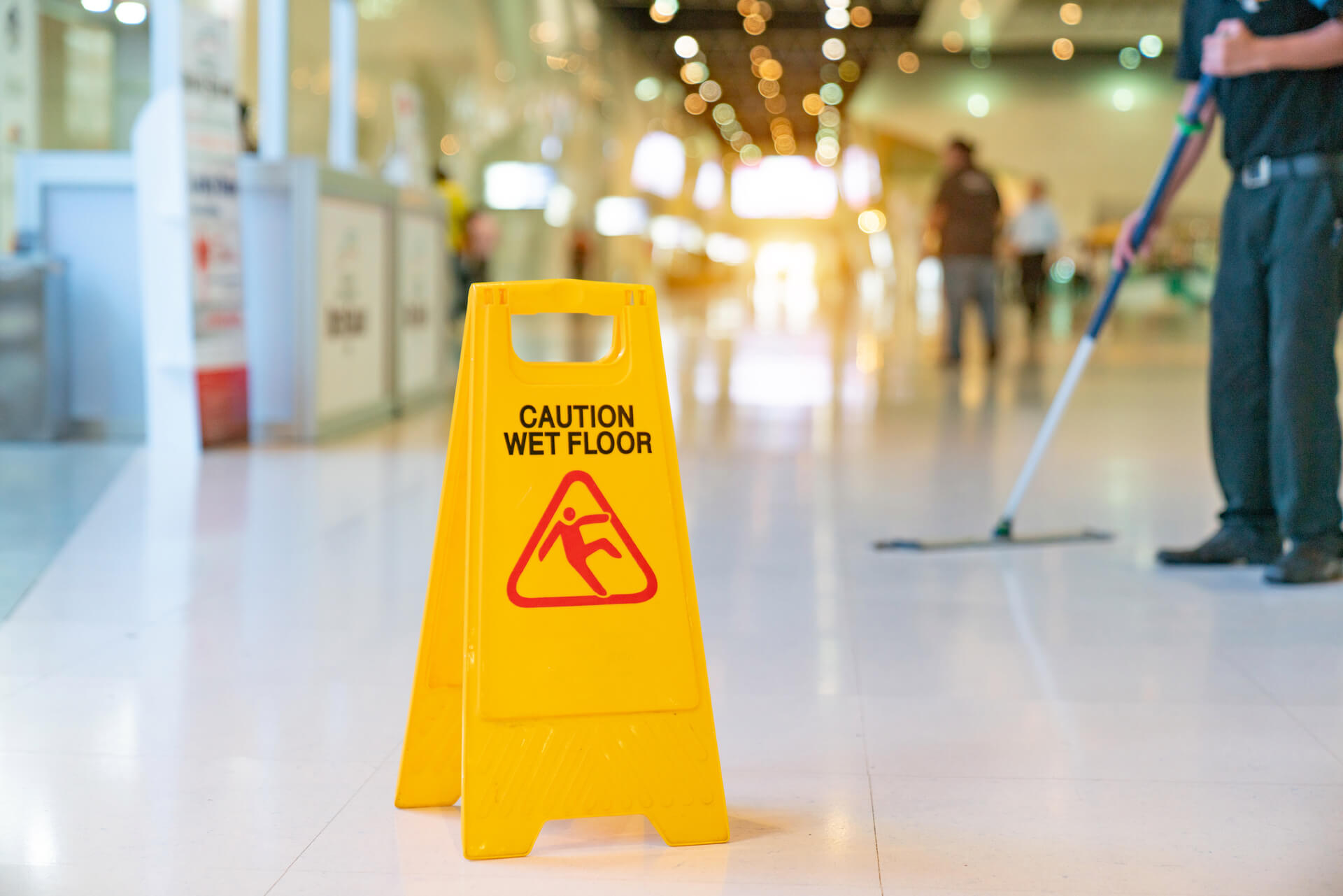
Your lawyer will prepare a complaint or summon explaining the nature of your case. The details included in the complaint depend on what the state permits. However, the information should be sufficient enough to allow the defendant to know and understand the claim.
Then, your lawyer will send a notice of claim to the insurance company’s law department. Usually, the defendant has 40-90 days to decide how it would like to proceed with the case. You may file for an extension if you need more time.
Experts at Davis, Saperstein & Salomon, P.C. report that once the defendant settles with you or decides to take on your case in court, the settlement negotiations begin. Settlement negotiations will continue until one party agrees on terms or decides to take on the issue in court.
Most insurance companies usually employ adjusters who are trained attorneys and negotiators whose job is determining liability and damage amounts before negotiating settlement terms with victims. During this process, both parties exchange evidence including medical records, estimates of property loss or injury costs, witness accounts, and anything else that pertains to the incident. Such evidence should be sufficient enough to prove either party’s point of view.
The Defendant’s Response In a Slip and Fall Case
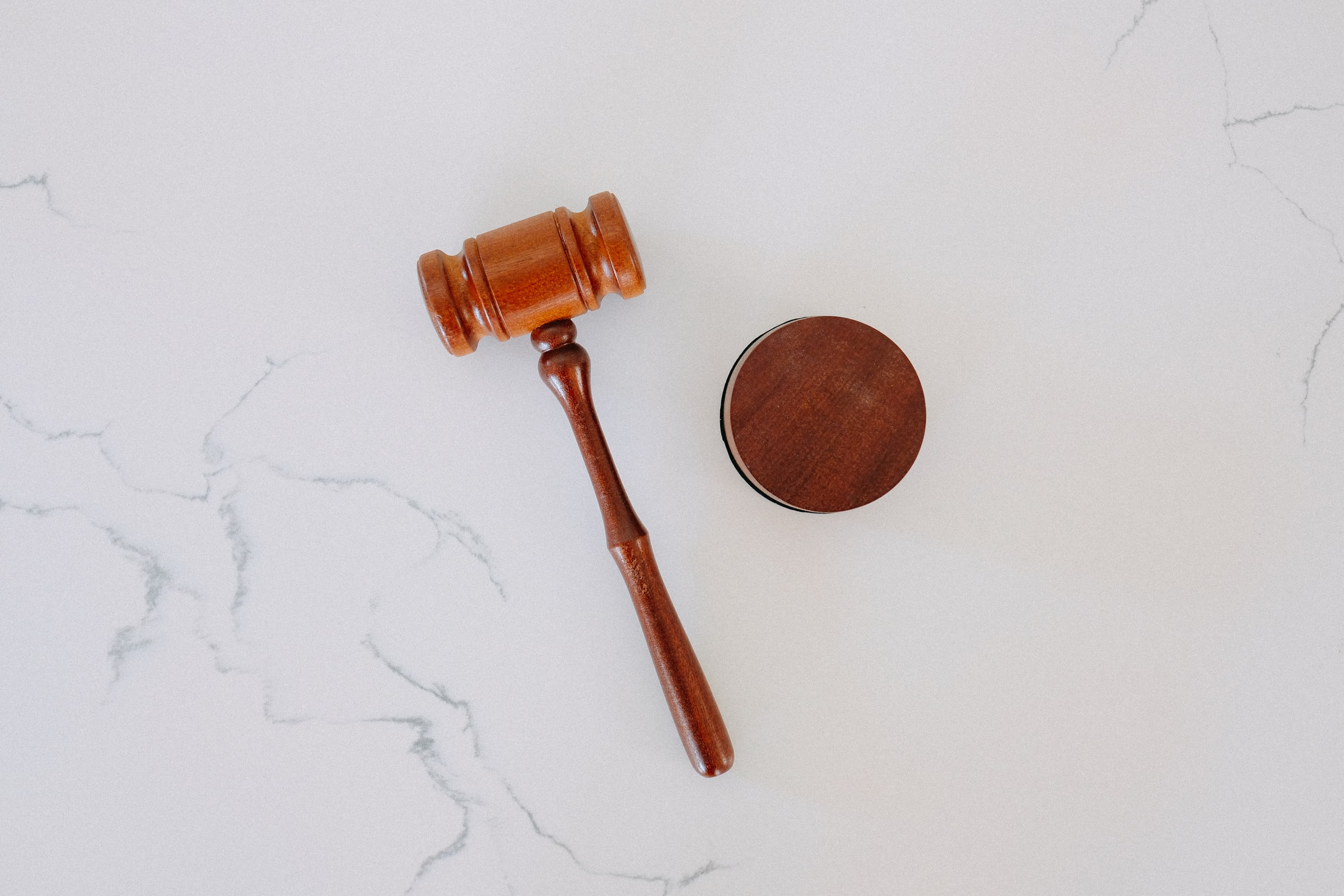
The defendant will file an Answer/response letter to your Complaint. In the Answer, the defendant should admit or deny the details contained in the complaint. The defendant’s response or answer should be provided within 20 days from the time you sent the complaint. If a defendant resolves to waive certain defenses, they may obtain another 20 days.
The Discovery Phase of a Personal Lawsuit
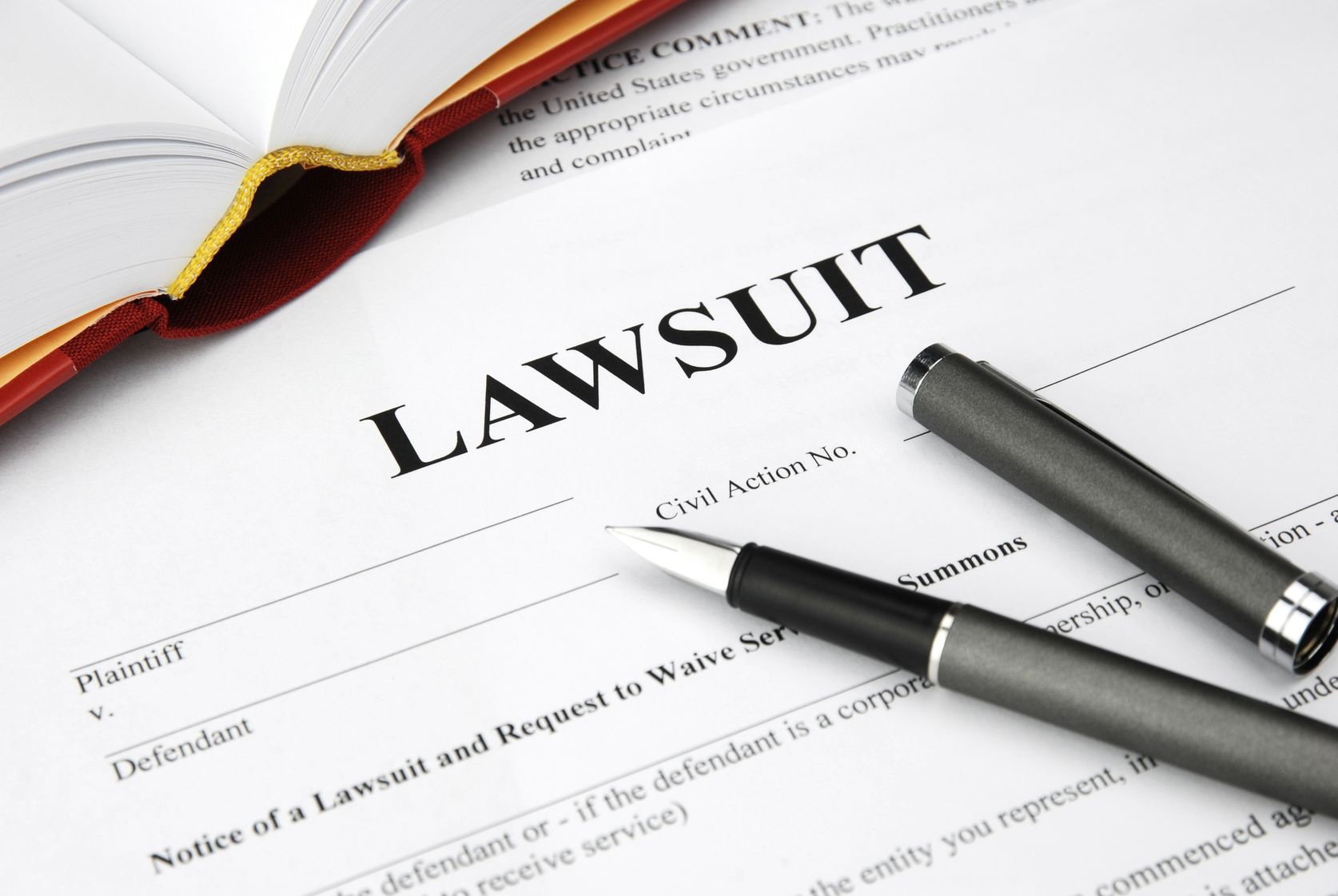
Essentially, in this case, there will be interviews and interrogations where both your and the defendant’s attorneys will discuss the case with both of you. They will ask questions to try to establish the seriousness of the case. This is called the discovery phase. This phase can last for a month or a year, depending on the circumstances surrounding the case.
- Pre-Trial Motions: Before trial, you or the defendant may file certain motions with the court to clear any issues. These issues often arise during the discovery process and should be reported. Common motions you should expect include:
- Motion to dismiss: If the defendant is convinced that the case does not meet the required threshold
- Motion to compel: you can file for this if you need some services from another party.
- Motion for summary judgment: This motion confirms the particulars of a case and can be filed by either you or the defendant.
- Motion in Limine: When there’s a piece of evidence that’s too damning or self-contradictory, the defendant or plaintiff may file for a motion in limine requesting that evidence be omitted during the trial.
Mediation Or Mandatory Settlement Conference

An easy way to resolve a case without going to trial is by holding mediation and settlement meetings. The presiding judge or magistrate will most definitely conduct the settlement conference. Ideally, mediation settlement Meetings are held after completing the discovery phase.
Trying Slip and Fall Lawsuit
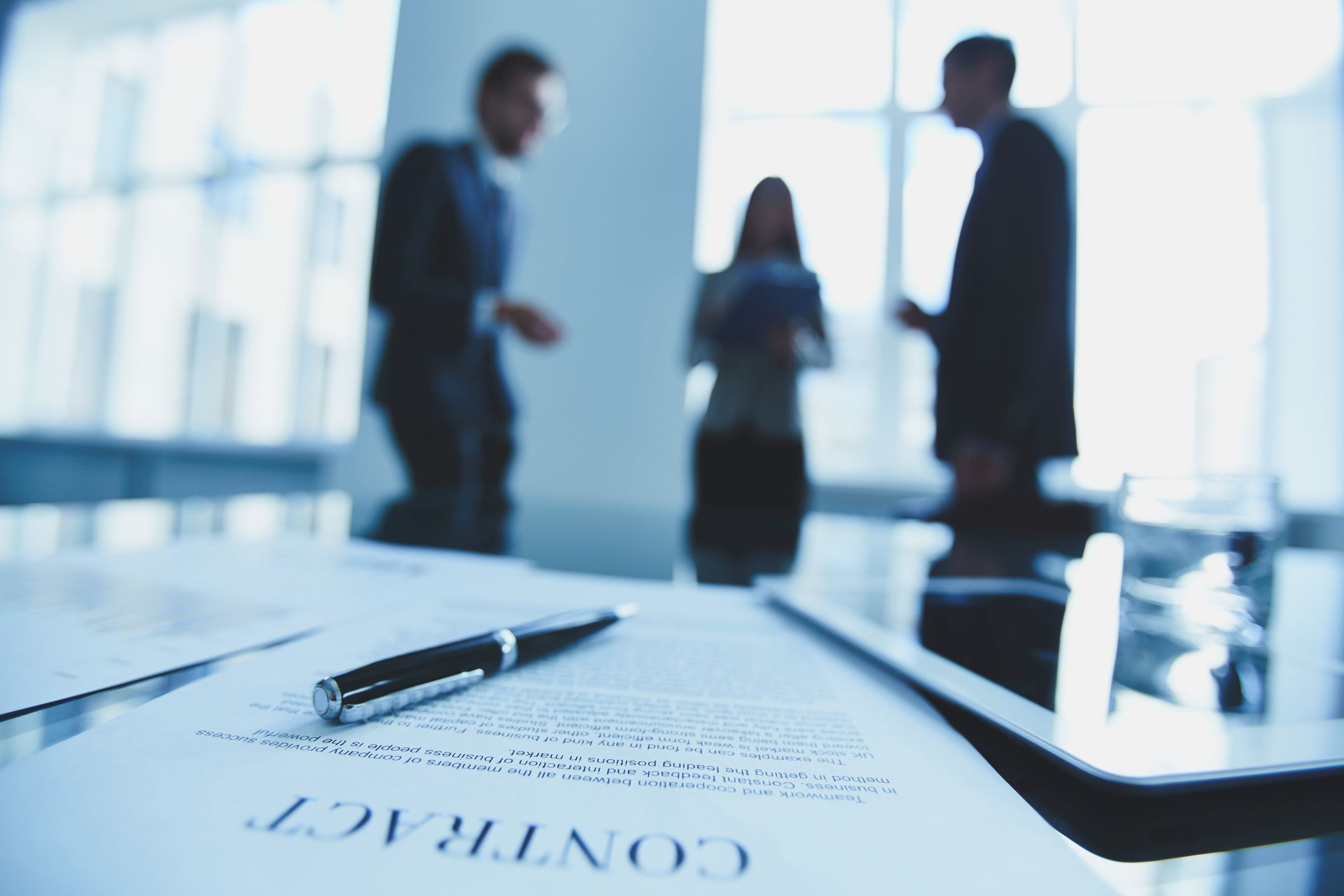
After the discovery phase, you can proceed to trial if the insurance company disagrees with your compensation demands. Once the discovery and mediation settlements are complete, you will be assigned a. “trial docket,” which is your appointed date of trial. Typically slip and fall trial cases may take up to three days or less. Since they are less complex, the court will wrap up your case by day three.
Judgment And Settlement In a Successful Slip and Fall Lawsuit

If your case is successful during the pretrial, it doesn’t mean they’ll be laughing all the way to the bank the same day. You will need to receive your judgment from the judge/magistrate first. This usually happens after a week or two. If you lost the case, you might not receive any feedback until after 30 to 60 days. If this happens, then your lawyer will have to do follow-ups with the court to determine the status of your case. Otherwise, if your claim was successful, you should receive your slip and fall settlements in less than a month after the trial.

